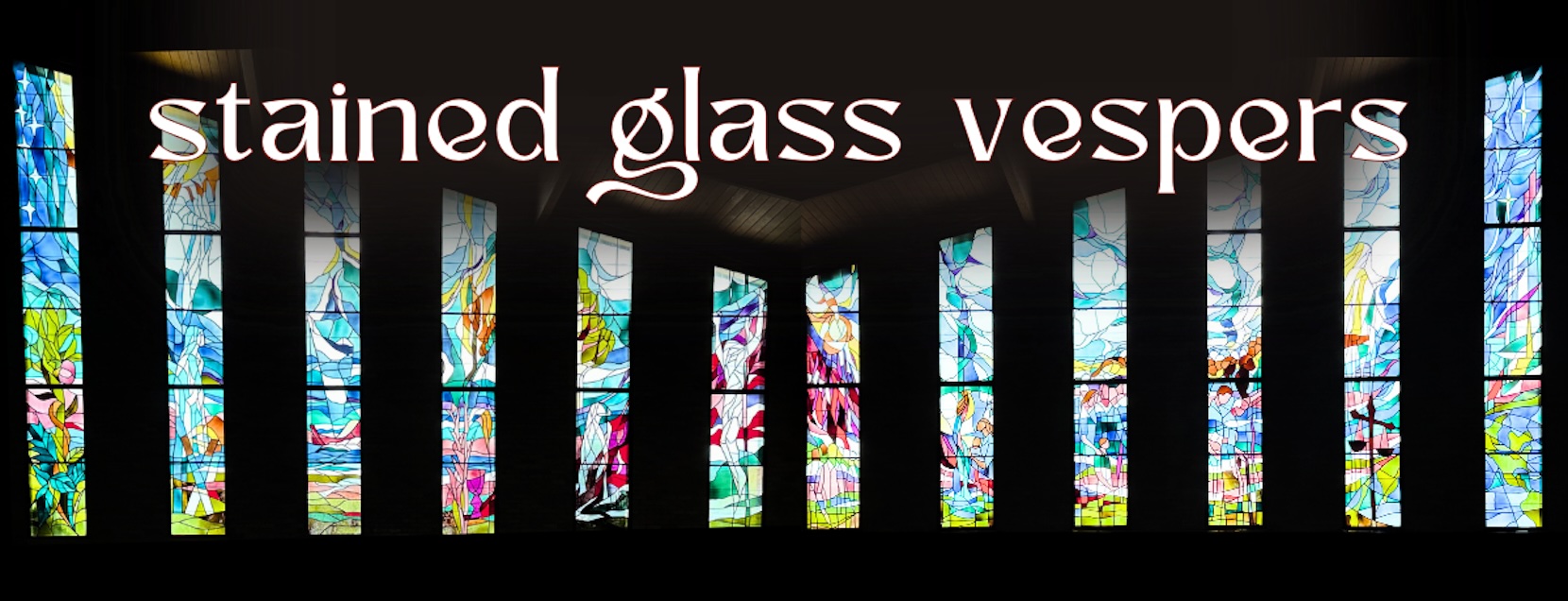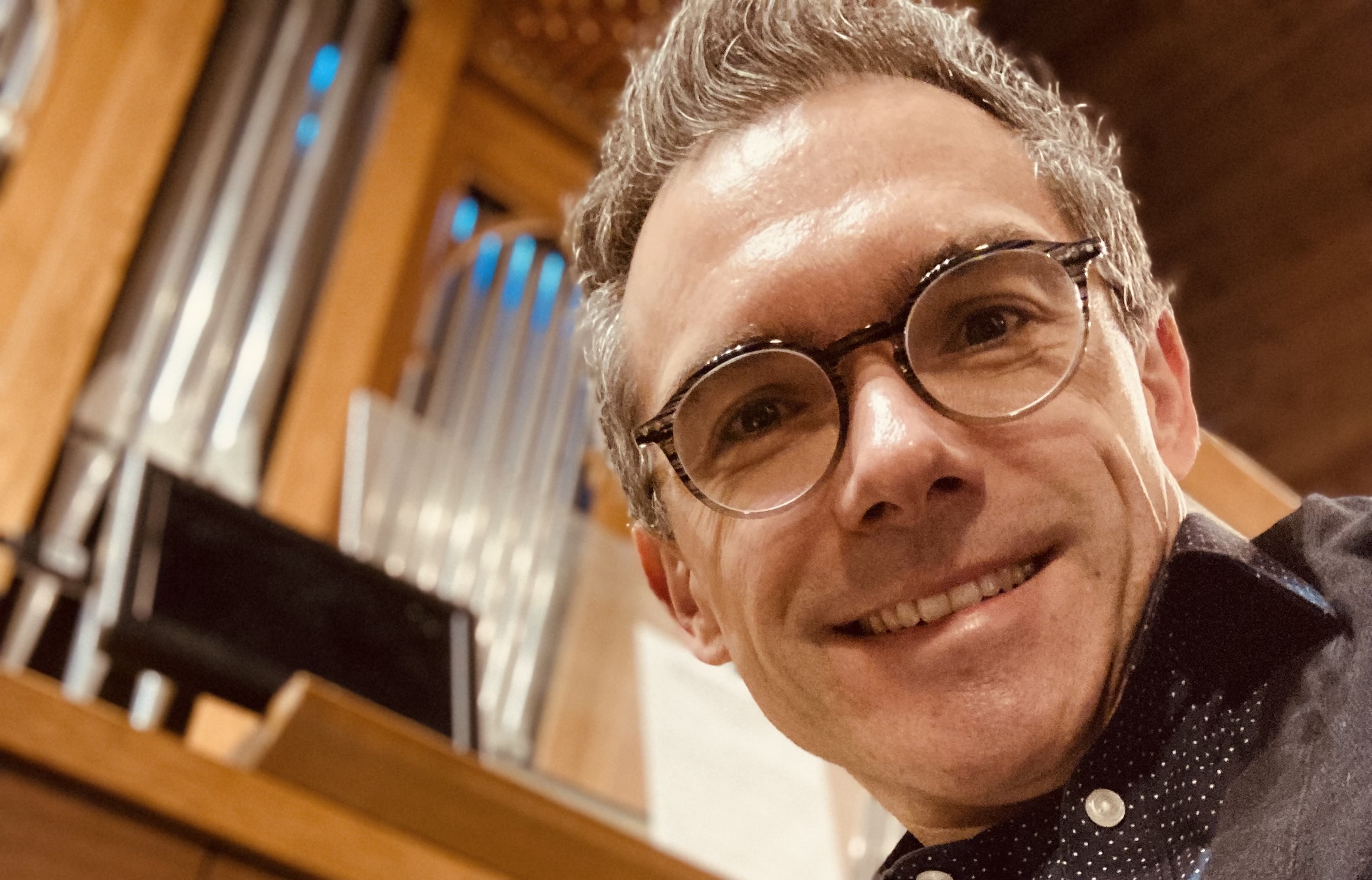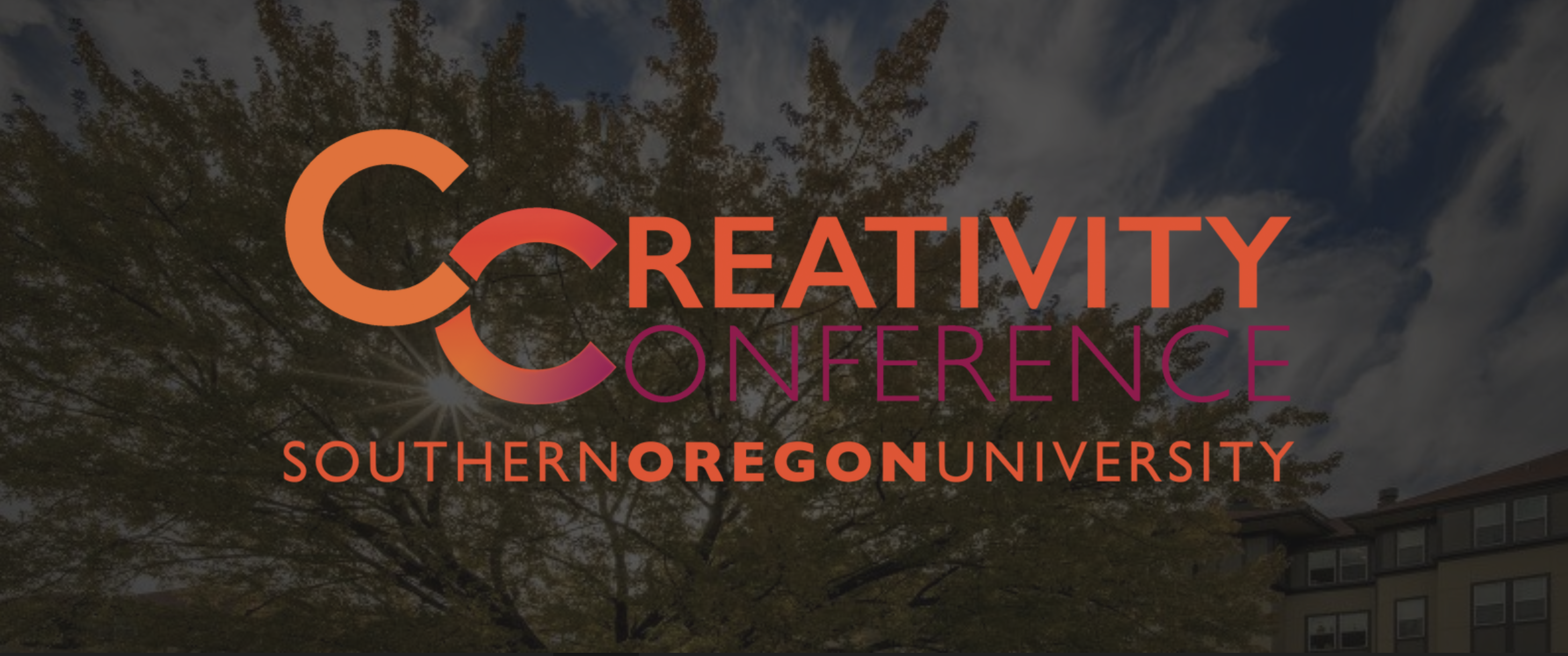Duquesne University Presidential Award
I am a recipient of 2013 Duquesne University Presidential Scholarship Award for a preparation of my manuscript for publication as an article, The Apperception of Musical Creativity: Performance as Ritual, Composition as Prayer. The original paper was presented under at The Chant and Improvisation in the Liturgy Symposium during the Aesthetics and Pedagogy of Charles Tournemire music conference, which was organized by the Mary Pappert School of Music at Duquesne University in October 2012. The manuscript is currently submitted for publication review.
The article’s intellectual and musicological significance to humanities scholars, performers, composers and general audiences is of great importance as it not only offers a comprehensive overview of musical creativity, but it further highlights the notion of spirituality in musical arts. I wish to thank the music faculty at the Mary Pappert School of Music for their encouragement and support.
Paper Abstract
A musical performance can be described in terms of symbolic and stylized acts or actions and musical creation that is understood as the mind’s enactment of contemplation or prayer. The article defines musical invention as a creative spiritual process. It draws on the relationship between the two attributes of musical creation: the cognitive and performative ones controlled and sustained by the cognitive nervous system, and the emotional and spiritual attributes that may be understood as musical self-realization or prayer. The discussion unfolds around the physicality and psychology of musical creativity, as well as its spiritual ramifications in performance and composition. Along with present-day research in psychology and religious studies, the project brings forth a direct link between musical creativity and spirituality. It develops the theory of the apperception of musical creativity in the performing arts using the notions of ritual and prayer as mutually inclusive idiosyncrasies of spiritual and musical experiences. The complex nature of musical creativity suggests further emotional and musical representations of specific, freely associated experiences accrued and construed by the composer or performer. When this occurs, the music’s distinct character is apperceived as a musical ritual in terms of an induced spiritual ethos, rather than a mere execution of idiomatically constructed musical sequences.




